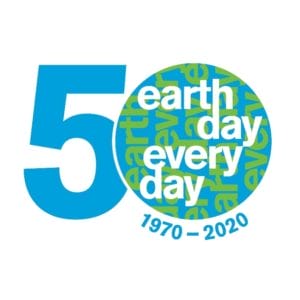
After 50 years of Earth Day, ASU environmental experts see shift to grassroots activism
Since the first Earth Day in 1970, attitudes in the United States concerning environmentalism have gradually evolved from a focus on addressing pollution to a focus on protecting and nurturing
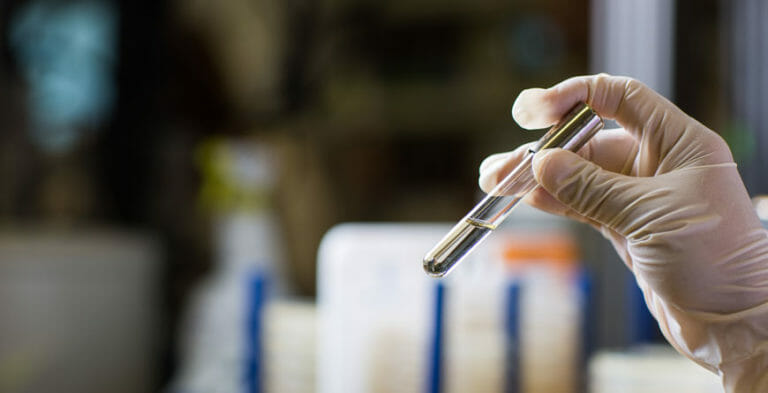
What it takes to fast-track a vaccine
In a matter of months, COVID-19 changed the world. More than 2.1 million cases are now documented worldwide, and as that number keeps rising, scientists are facing the challenge of

Indices of health under our feet
A treasure trove of information relevant to human and environmental health is hiding in an unexpected place. Samples of wastewater from homes, institutions, towns and cities around the world can
FFAR and Swette Center project: First workshop on institutional barriers to sustainable locust management in South America
As part of the Global Locust Initiative Lab’s FFAR project on coupled human-system approaches to solving locust plagues, also supported by ASU’s Swette Center for Sustainable Food Systems, workshops have
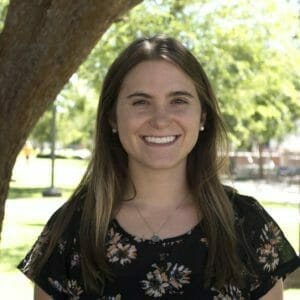
Exploring sustainability literacy through nature journaling in school gardens
Dedicated to fostering sustainable change through education, School of Sustainability master's student Julia Colbert helped implement nature journaling in local elementary school classrooms. “Education has always been a significant part

Earth Day 2020: the future for the past 50 years
Join Peter Schlosser, Christopher Boone, Kathleen Merrigan, Nina Berman and Manfred Laubichler for an online Earth Day discussion on Wednesday, April 22 from 3:00 - 4:00 p.m. Closing remarks by Michael Crow.
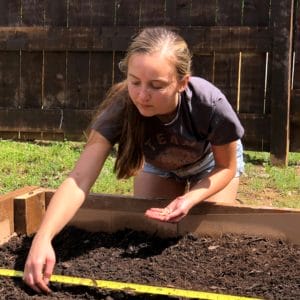
Gardening in confinement: COVID-19 and the resurgence of home gardening
“I have been thinking of you guys, without the restaurant job, how are you coping?” I was talking to my friend John, who has been waiting tables for the past 4 years. “Well, we make do. We have some savings. And I am trying to create an in-house garden. I never thought about this before, but you know, just in case. Plus it feels good.”
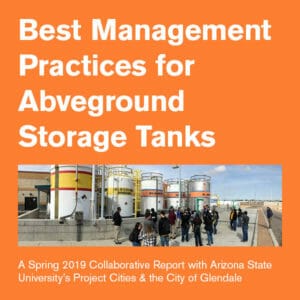
New summary report released: Aboveground storage tank management
The City of Glendale manages approximately 135 Aboveground Storage Tanks (ASTs). ASTs are necessary components for storing valuable chemical agents for a variety of uses, from water treatment to backup power generation.
Middel receives CAREER for work in heat mitigation
Sustainability scientist Ariane Middel has been awarded an NSF CAREER to look at heat from a human perspective, using an innovative mobile sensor called "MaRTy," pictured.
The new normal: Salon, Kuby call for survey responses
To help government agencies and communities recover faster from COVID-19 and become more resilient to the next adverse event, results of this study will be shared widely.

Public Interest Technology University Network announces Year 2 Challenge
The PIT-UN Challenge will prioritize projects that further the positive social impact of technology for all communities. Centering community needs may be demonstrated by incorporating community partners in the design and execution of proposed projects. Apply by July 16.
Wutich to be panelist on NYAS COVID-19 and Anthropology webinar
Sustainability scientist Amber Wutich will join the New York Academy of Sciences Anthropology Section as a panelist for a webinar focused on our current pandemic (COVID-19), contextualizing the global comparative,